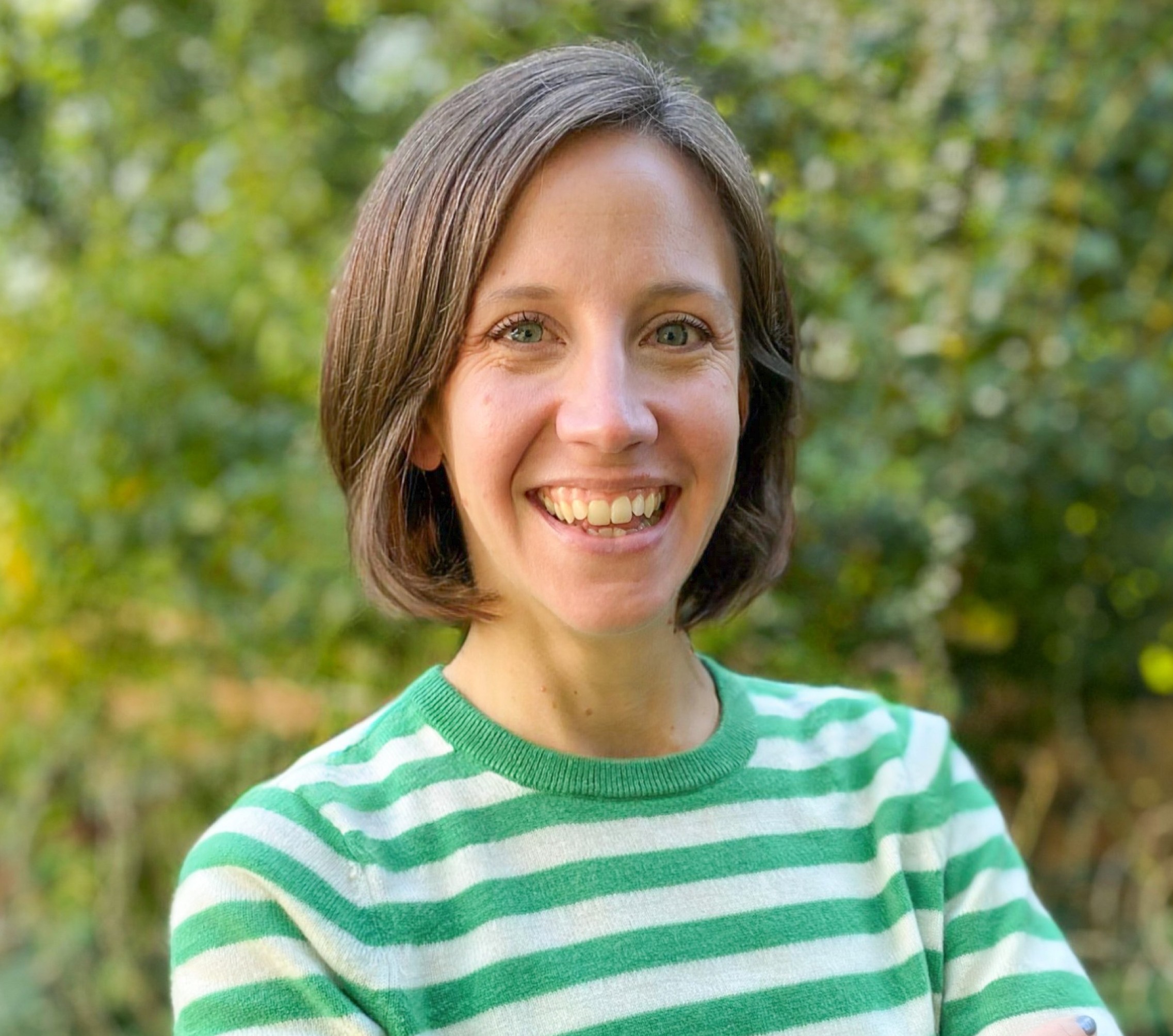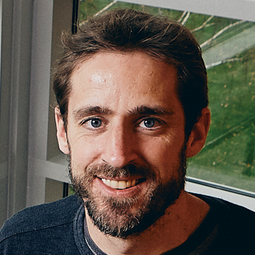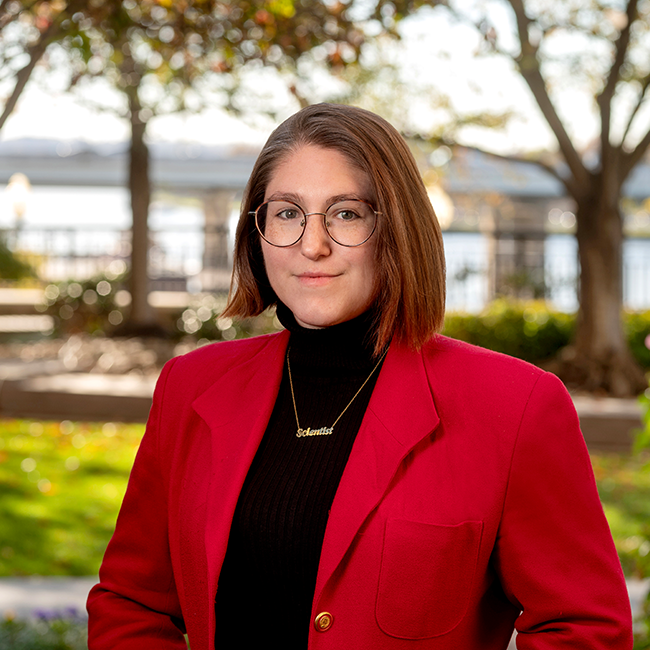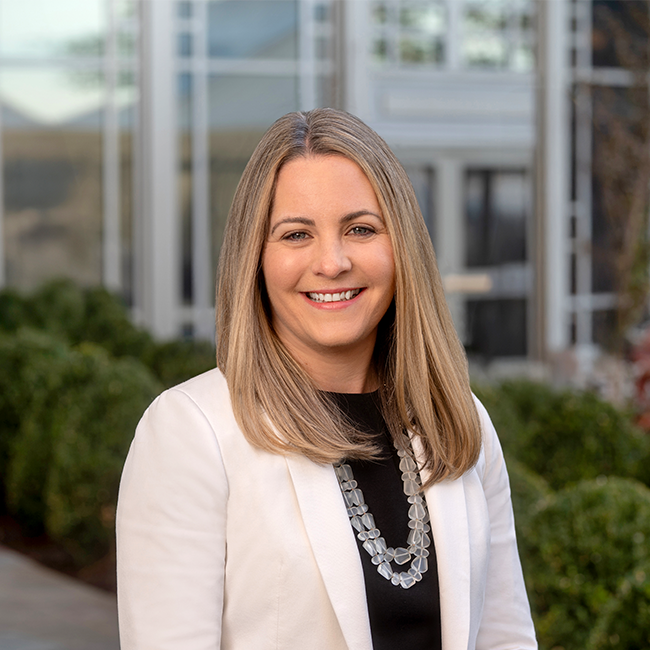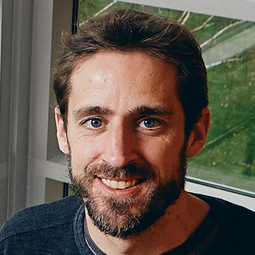
The world needs every tool at its disposal to mitigate the worst effects of climate change. COP29 highlighted the urgent need for investments in climate adaptation, and even its $300 billion goal for climate finance in developing countries is only a starting point. Research by Milken Institute Strategic Philanthropy has shown that philanthropy can de-risk innovative solutions and facilitate collaboration. Faith-based philanthropy, in particular, holds enormous untapped potential. Indeed, an overlooked solution to shortfalls in climate funding may lie in the goodwill of religious organizations.
Since much faith-based giving occurs at a small scale—through individual contributions to local churches, mosques, or temples, for example—many assume there is little potential for impacting global challenges. But in aggregate, giving to religious organizations consistently represents the largest proportion of philanthropy in the United States, totaling over $145 billion in 2023, as reported by the Lilly Family School of Philanthropy at Indiana University. This figure is nearly seven times greater than the $21 billion for environment and animal-focused causes in the same period and more than eleven times greater than the estimated total giving for climate change mitigation in 2022, according to a ClimateWorks Foundation report.
The sheer scale of faith-based giving is only one of the many advantages of partnering with religious communities. Research from the London School of Economics suggests that religion offers several unique assets to the climate movement. By investing time, trust, and resources into relationships with faith-based organizations, the philanthropy sector can tap into the following:
- Narrative and moral authority: Care for the common good, respect for nature, and duty to future generations are central tenets of many organized religions. These principles can directly translate into efforts to promote sustainable behavior. Some scholars argue that restraint, in particular, is a necessary narrative to combat issues like overconsumption that politics and economics struggle to address.
- Social networks and movements: Religious leaders and communities have been at the forefront of social movements for decades. They are already playing a role in climate advocacy, from the global climate strikes in 2019 to the Faith Pavilion at COP29. Strong social networks in religious communities allow these messages to spread quickly and drive action.
- Leadership and institutions: Many religious communities have strong institutional structures that allow for rapid consensus building and implementation of climate solutions. According to the Pew Research Center, some American adults express greater trust in religious leaders for climate information than in elected officials. Statements from religious leaders and governing bodies, such as the “Call of Conscience” statement at COP28, can have a powerful impact on their communities’ behavior.
- Infrastructure: Religious communities hold significant real assets, including land and buildings, that can be decarbonized, rewilded, or otherwise transformed for positive climate impact. The Madison Trust Company reports that the Catholic Church alone controls over 177 million acres of land around the world, and organizations like the Laudato Si’ Action Platform provide a model for communities to mobilize their resources to address environmental challenges.
- Financial values: Religious principles like Islamic zakat and sadaqah; Jewish tzedakah; Hindu, Buddhist, Jain, and Sikh dāna; and other traditions motivate billions of religious people to donate to numerous causes, including climate-focused ones. Even the English word “charity” is derived from the Latin caritas, referring to a Christian tradition of love for humanity. Further, financial mechanisms like Islamic banking, green sukuk, or interfaith shareholder advocacy can offer alternative frameworks for deploying capital for climate impact.
By embracing faith-based giving and religious communities, global efforts to address climate change can unlock enormous impact potential. To do so, funders seeking to engage with faith-based organizations—or climate actors seeking faith-based philanthropic support—should first focus on building meaningful partnerships. Religious communities can drive transformative change locally, while building up to global impact. By focusing on building trust at the local level first, philanthropy can stretch resources further and amplify existing efforts. However, faith-based organizations are often understandably mistrusting of outside agendas that seek to instrumentalize religion without taking beliefs and believers seriously. By engaging directly and respectfully, philanthropy can build more trusted relationships and drive better outcomes. Finally, in a religiously pluralistic society, faith-based climate action requires diverse coalitions. By focusing on common goals, rather than framing climate science in competition with religious traditions, philanthropy can foster a more inclusive movement for change.
The author wishes to thank the LSE Faith Centre, the Cambridge Interfaith Programme, and the participants of the Religion and Climate Futures Summer School, whose insights informed the ideas presented in this article.






